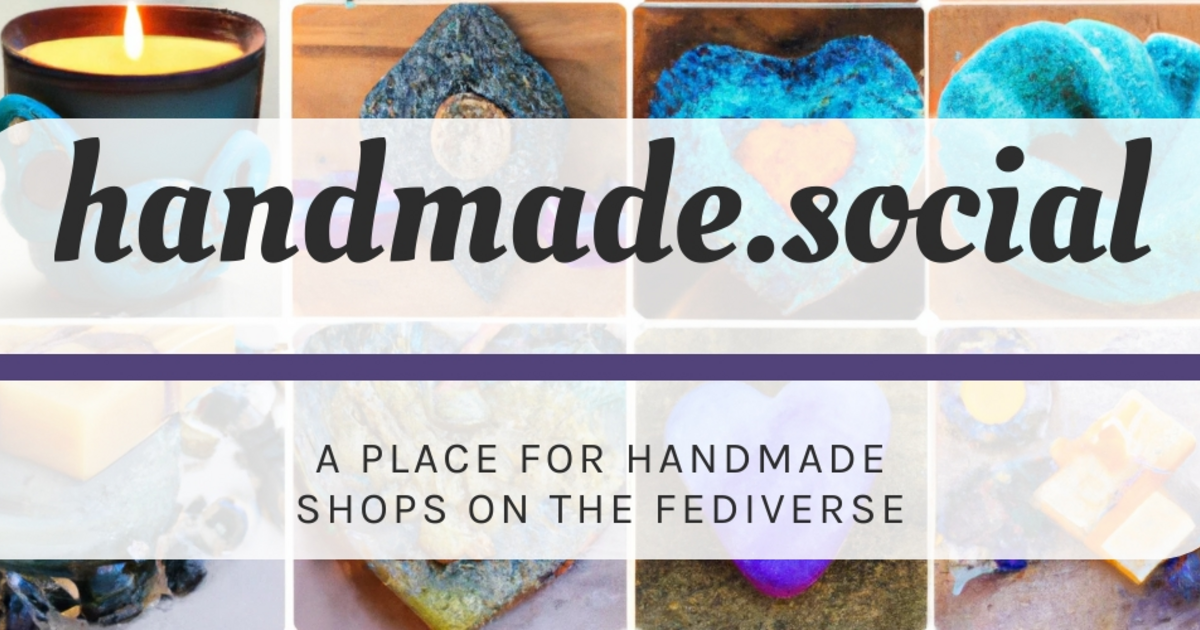As Silicon Valley eyes US election, Elon Musk is not the only tech bro to worry about
There was a time when the tech industry wasn’t much interested in politics. -- It didn’t need to be because politics at the time wasn’t interested in it.
Accordingly, Google, Facebook, Microsoft, Amazon and Apple grew to their gargantuan proportions in a remarkably permissive political environment.
When democratic governments were not being dazzled by the technology, they were asleep at the wheel:
Antitrust regulators had been captured by the legalistic doctrine peddled by #Robert #Bork and his enablers in the University of Chicago Law School
the doctrine that there was little wrong with corporate dominance unless it was harming consumers.
The test for harm was price-gouging,
and since Google’s and Facebook’s services were “free”, where was the harm, exactly
And though Amazon’s products weren’t free, the company was ruthlessly undercutting competitors’ prices and pandering to customers’ need for next-day delivery.
Again: where was the harm in that
It took an unconscionable time for this regulatory slumber to end,
but end it finally did on Joe Biden’s watch.
US regulators, led by #Jonathan #Kanter at the Department of Justice (DOJ), and #Lina #Khan at the Federal Trade Commission (FTC),
rediscovered their mojo.
️And then in August the DoJ dramatically won an antitrust lawsuit
in which the judge ruled that Google was indeed a “monopolist”
which had taken anticompetitive steps to preserve its 90% share of search.
The DOJ is now proposing “remedies” for this abusive behaviour,
ranging from obvious ones like barring Google from contracts such as the one it has with Apple to make it the default search engine on its devices
to the “nuclear” option of breaking up the company.
The shock of this verdict to the tech industry has been palpable, and has led some movers and shakers in the Valley to think that maybe electing Trump might not be such a bad idea after all.
Some of the loudmouths like Marc #Andreessen
– and, of course, #Musk
– have explicitly come out for Trump,
but at least 14 other tech moguls are providing more discreet support.
And although quite a few tech leaders have – belatedly – come out for Kamala Harris,
some are doing so with some reservations.
Reid #Hoffmann, the founder of LinkedIn, for example, donated $10m to her campaign, but says he wants her to fire Lina Khan from the FTC.
The most dramatic evidence of how Silicon Valley lost its political virginity, though,
comes from the extraordinary amounts of money that #cryptocurrency companies have been putting into the election campaign.
The New Yorker reports that crypto companies have already sunk
“more than a hundred million dollars”
into so-called SuperPACS supporting crypto-friendly candidates.
The interesting thing is that this money seems to be aimed not so much at influencing who wins the presidency
as at ensuring that the “right” people get elected to the House and the Senate.
This suggests a level of political nous that would have been disdained by the early pioneers of the tech industry in the 1960s.
Technology might not have been political then; but it sure is just now.
https://www.theguardian.com/technology/2024/oct/20/as-silicon-valley-eyes-us-election-elon-musk-is-not-the-only-tech-bro-to-worry-about?CMP=Share_iOSApp_Other


